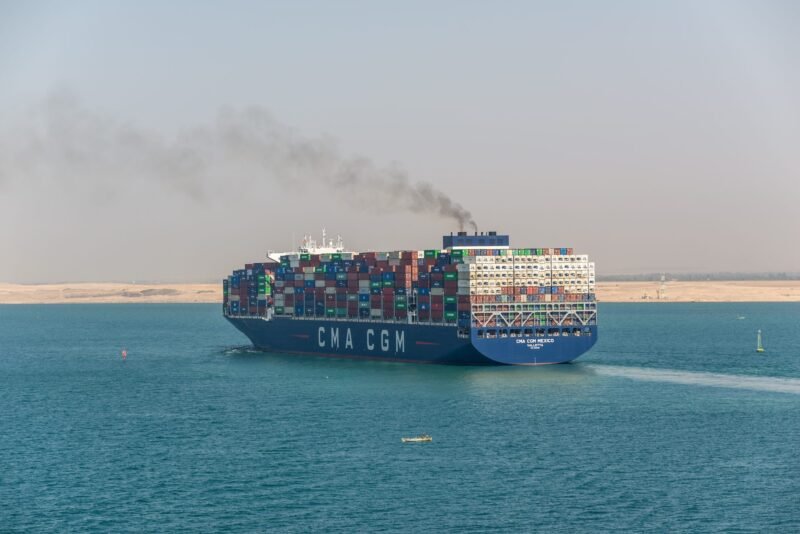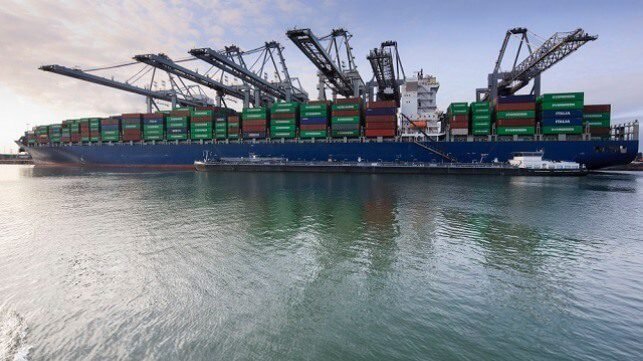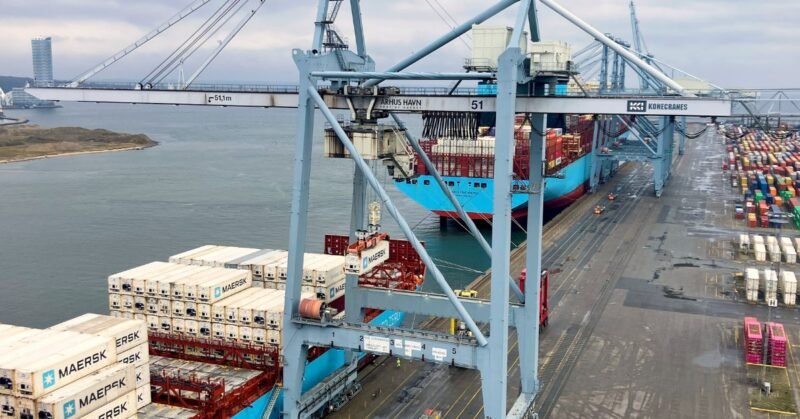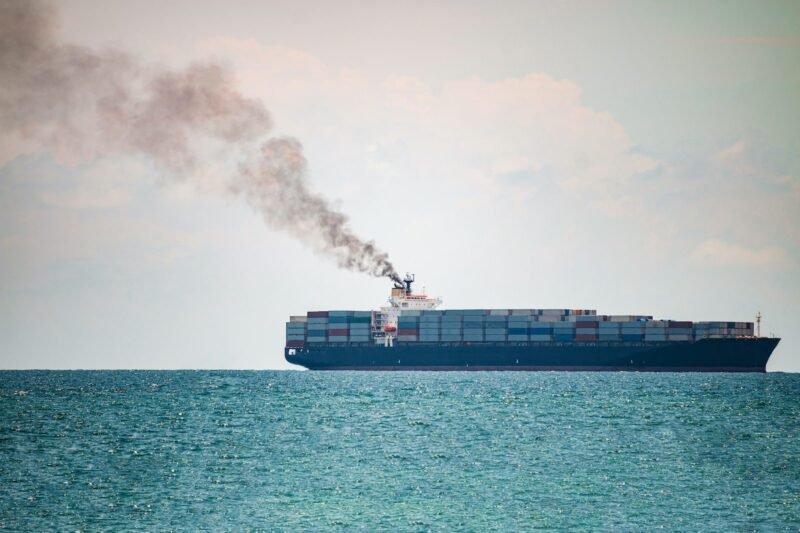The average delay for containerships behind schedule has continued to rise in 2024, reaching levels not seen since the peak of the pandemic and surge in container volumes. Sea-Intelligence’s monthly report on container shipping carriers across 34 trade lanes shows that the industry is still grappling with disruptions. While schedule reliability has stabilized around 50 to 55 percent, it has been on a slight downward trend since May. Despite this, shippers have a relatively good idea of what to expect month over month.
In September 2024, the industry’s schedule reliability dropped to 51.4 percent, the lowest level in 24 months. This is a significant decline compared to 2019 when schedule reliability was at 80 percent before the pandemic and surge in volumes. Maersk and Hapag-Lloyd aim to achieve 90 percent schedule reliability on key routes with the launch of the Gemini Cooperation in 2025. Maersk currently leads the industry in schedule reliability, but overall, carriers are showing a significant decline year over year.
The average delay for late vessel arrivals in September was 5.67 days, up from the 2023 average. Port congestion remains a consistent issue in Asia, with increased levels also seen in Savannah and Northern Europe’s large container ports. Maersk has warned of continued disruptions from the Red Sea rerouting in 2025, as the Houthis have targeted over 200 vessels in the past year. Vessel bunching at ports due to diversions around Africa and winter weather challenges off South Africa have contributed to congestion spikes and delays in the industry.


















